Jaguar Land Rover (JLR) has committed to reducing greenhouse gas emissions across its operations by 46% by 2030.
In addition, the company will cut average vehicle emissions across its value chains by 54%, including a 60% reduction throughout the use phase of its vehicles.
By the end of the decade, JLR will reduce its direct greenhouse gas emissions across vehicle manufacture and operations by 46% in absolute value compared to a 2019 baseline.
Jaguar Land Rover (JLR) has committed to reducing greenhouse gas emissions across its operations by 46% by 2030.
In addition, the company will cut average vehicle emissions across its value chains by 54%, including a 60% reduction throughout the use phase of its vehicles.
By the end of the decade, JLR will reduce its direct greenhouse gas emissions across vehicle manufacture and operations by 46% in absolute value compared to a 2019 baseline.
Rossella Cardone, director and head of sustainability office at Jaguar Land Rover, said: “Sustainability sits at the core of our Reimagine strategy, with the aim to achieve net carbon zero by 2039, as the creator of the world’s most desirable modern luxury vehicles.
“As we move from climate ambition into action, we are now embedding sustainability into the Jaguar Land Rover DNA to minimise our carbon footprint across our value chain.
“Science-based targets tell us how much and how quickly we need to reduce our greenhouse gas emissions as well as keeping stakeholders informed about our progress.”
The goals, which are approved by the Science Based Targets initiative (SBTi), confirm the company’s pathway to a 1.5°C emissions reduction in line with the Paris Agreement.
Following the 2030 commitment, JLR also has a second-decade ambition for net-zero emissions across supply chain, product, and operations by 2039, as part of its Reimagine strategy.
To achieve this, the company will decarbonise across design and materials, manufacturing operations, supply chain, electrification, battery strategy, circular economy processes, and up to end-of-life treatment.
To support its mission, JLR has introduced the new role of sustainability director, appointing Rossella Cardone to drive its transformation and support François Dossa, executive director, strategy and sustainability.
JLR first announced its commitment to the SBTi as part of its support for COP26, the climate change summit held in November 2021.
Stellantis chief executive Carlos Tavares has said that the 14-brand OEM giant is targeting ‘industry champion’ status with its new emissions-cutting Dare Forwards 2030 strategy.
Hyundai Kia and Ford followed Stellantis in spelling out new strategies that will accelerate the development of EVs.
Login to continue reading
Or register with AM-online to keep up to date with the latest UK automotive retail industry news and insight.

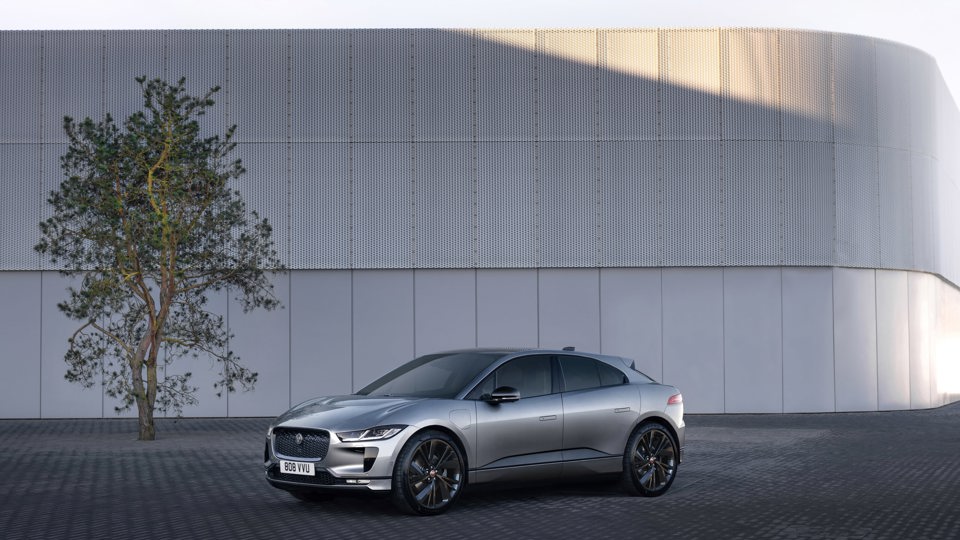




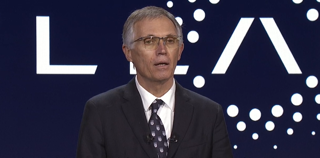
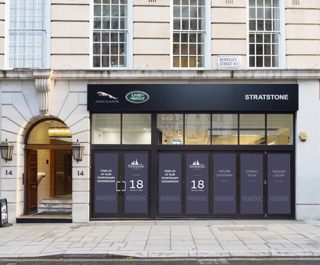
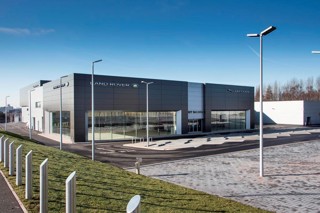

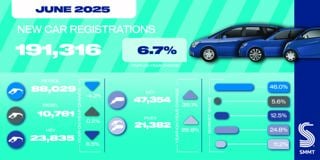











Login to comment
Comments
No comments have been made yet.